Francis and Lisa Chan’s new book “You and Me Forever. Rethinking Marriage in Light of Eternity” has just been released. Mike and I had the pleasure and privilege to be part of the associated video on missional marriage. You can check it out here. And get the book. It’s good.
When She is the Gas Pedal and He is the Brake
The line, “Sharon is the gas pedal and I am the brake.” spoken by my husband Mike in the “I Like Adoption” film, has probably gotten the most attention of any in the six-minute film.
It’s resonance was confirmed again this past weekend at the Northeast Adoption Summit, when I was asked for advice by many women who were waiting for a “yes” to adoption from their wary husbands. There is actually a term in the adoption world called “the reluctant husband syndrome.”
I thought I’d address it because I think I understand it and I want to put it in the right perspective. This happens not because we women are more spiritually mature than our husbands. It’s rooted in the way God made us.
When God designed man and woman to leave and cleave, he made us with complimentary strengths. The one flesh-ness of marriage is confirmed because it takes two parts to make the one whole complete.
There are always exceptions to every generalization, but women are generally the nurturers. We were made to want to provide care and love and sustenance to our offspring and others in need. When you throw in the influence of the Holy Spirit and a calling from the Father to care for The Least of These, it can become an insatiable craving and almost an obsession.
To balance the equation, God made men to be the providers and protectors of the family. They see themselves as the shield of the family. The one who protects it from outside threats and risks. To provide homeostasis, so to speak.
So…how do you reconcile those two positions when it comes to adoption or any decision for that matter?
I can tell you that our family faced this with every one of our adoption decisions. NIne of them came to be and some of them didn’t. But it was with patience and prayer and respect for one another that our decisions were forged.
It would be a tragedy if something good like adoption or any ministry were to put a wedge in your marriage. Your first responsibility, you of the gas pedal, is to value your marriage and your spouse as the gift from God that he/she is. God will never call you to do anything that you can’t agree on. He would never want a marriage to break up over a disagreement on the right way to serve Him.
The call to submit to one another in love is a good safety valve; a check and balance system of our own selfish hearts and our prideful desire for autonomy.
With that said, I can tell you, gas pedalers, prayer is powerful. Often times when God has a calling for you as a couple, the sensitive one will hear it first. This calls for patience and lots of prayer. I have to confess, a few times when I felt a very clear, strong calling about an adoption, I would put my hands on Mike’s head after he fell asleep and pray, “Lord if this is you talking to me, make Mike see it the same way.”
I’ll share a story about our last adoption of Hope to illustrate how the process goes and how God sometimes works to confirm a decision.
Hope’s adoption was a scary prospect. She was born with no limbs and would be at least somewhat dependent on us for life. We were advised by friends and non-friends that this decision was over the top. That we would surely ruin our lives; that we had so much else to offer the world. Why would we encumber ourselves with this burden?
It was in this context that we still felt we heard God’s voice telling us that this was something He had for us to do. We didn’t know the why behind it, just the “go do this.” So with a little fear and a lot of faith we reached the final stages of the adoption process. All that was left was to confirm travel dates.
And then Mike’s company went through some changes and he lost his job.
Mike’s anxiety level, understandably, was through the roof. He told me that if I loved him, I would call off the adoption. My thoughts went to Hope, who we were told, had waited seven years for a family to adopt her. She had watched her friends in the orphanage with less-involved special needs leave over and over again to go to their forever families. Finally having a family of her own was what she was living for.
It tore me apart, but I knew my first concern had to be the welfare of my husband. I went to my computer to compose an email to the social worker in Thailand. As I opened my gmail account, an email popped up from Goramit Sundee, Hope’s social worker in Thailand. It said she had chosen that morning to show Hope the photo album of our family, her new forever family. They typically saved this step until the very end to make sure the adoption was finalized and would go through. Attached to the email were two photos. One of Hope (her Thai nickname was Baimon) with a letter to her new family and one of her looking at the album with the most gleeful expression I had ever seen on a child.
When Mike and I saw those pictures, we knew that God was sending us a strong message. He was telling us that He wanted this adoption to be. He was telling us that He had our backs; that even though circumstances were grim right now, He is bigger than our circumstances. Needless to say, we went through with Hope’s adoption. She has been a thriving member of our family for more than two years now.
Would it have been right for me to rail against Mike in that situation? Would God have honored the adoption in that case? I think the answer is no. God wants even our most strong passions to be carried out decently and in order according to the principles in His Word.
But hang in there, you of the gas pedal. Because if you are truly hearing from God, the guy on the brake doesn’t have a chance.
Surrendering Well: The Life and Legacy of Elisabeth Elliot
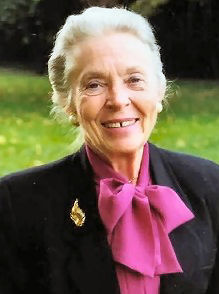 I hadn’t seen any new material from my heroine Elisabeth Elliot in quite a few years. She, the prolific author and speaker and saint. She who might be considered an anachronism by some modern Christian women.
I hadn’t seen any new material from my heroine Elisabeth Elliot in quite a few years. She, the prolific author and speaker and saint. She who might be considered an anachronism by some modern Christian women.
And then I read the recent WORLD Magazine article by Tiffany Owens. Elisabeth has been battling dementia for the last ten years.
I was anxious to read the article to find out how a woman known for bringing gracious clarity to difficult issues of faith would handle this last and maybe most difficult of assignments. The answer was what I might have guessed: with grace and dignity.
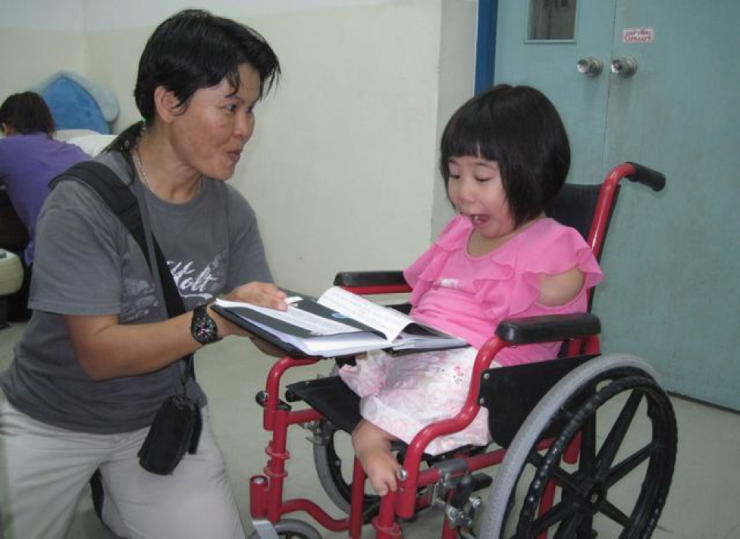
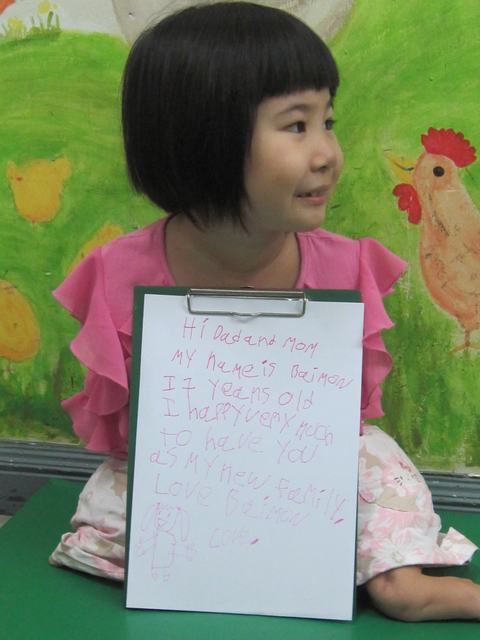
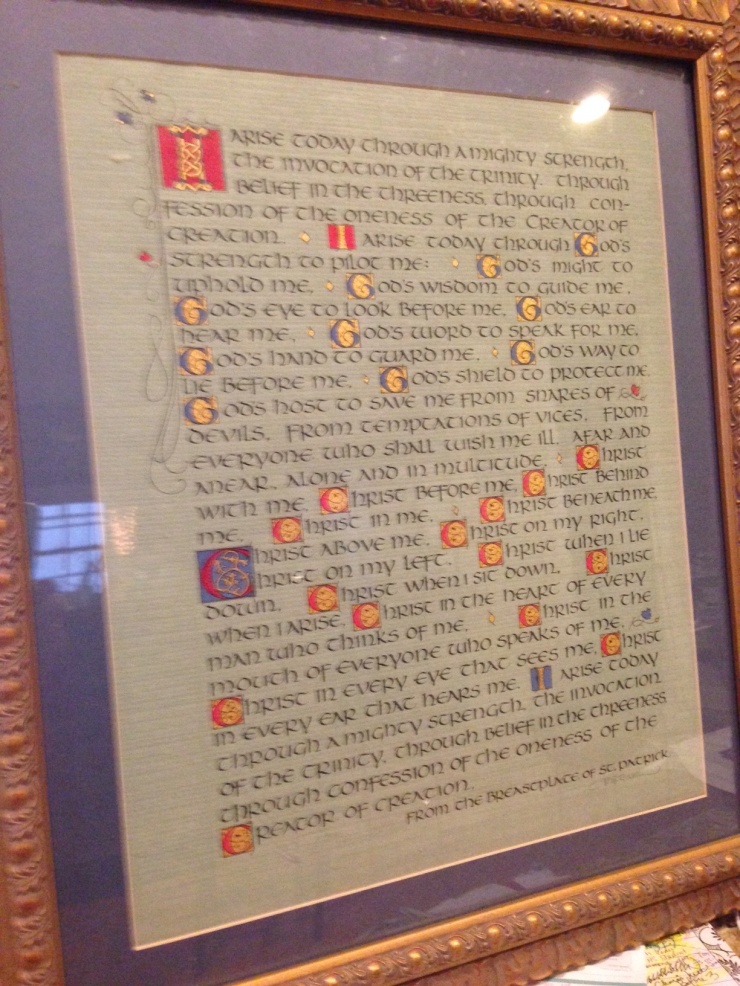














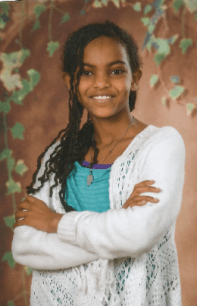

Recent Comments